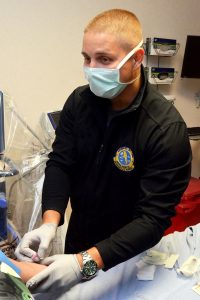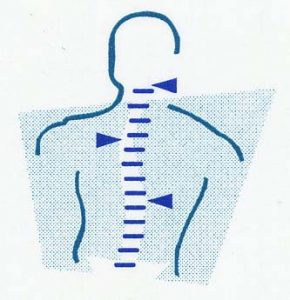 There has been a lot of confusion lately as to whether Paramedics can administer IVs at doctors’ offices, clinics or MedSpas. While these professionals are trained to administer IVs during emergency transport, they are not allowed to administer IVs in most other situations.
There has been a lot of confusion lately as to whether Paramedics can administer IVs at doctors’ offices, clinics or MedSpas. While these professionals are trained to administer IVs during emergency transport, they are not allowed to administer IVs in most other situations.
The statutes and rules pertaining to paramedics and scope of practice fall under Chapter 401, Medical Telecommunications and Transportation, Florida Statutes, and Chapter 64J-1, Emergency Medical Services, Florida Administrative Code.
Based on definitions and the text of the statutes and rules, although a paramedic is trained to administer IVs, they can only do so during the course of emergency services and transportation and at public health care programs. Further, a paramedic’s services must be rendered under a medical director’s supervision, as the term medical director is defined under Section 401.23, Florida Statues. Under this statute, a medical director “is a physician employed or contracted by a “licensee” and who provides medical supervision, including appropriate quality assurance but not including administrative and managerial functions, for daily operations and training pursuant to this part.” Section 401.23(15). Pursuant to statutes, a “licensee” means any basic life support service, advanced life support service, or air ambulance service licensed pursuant to this part.” Section 401.023(13).Continue reading


 By:
By: